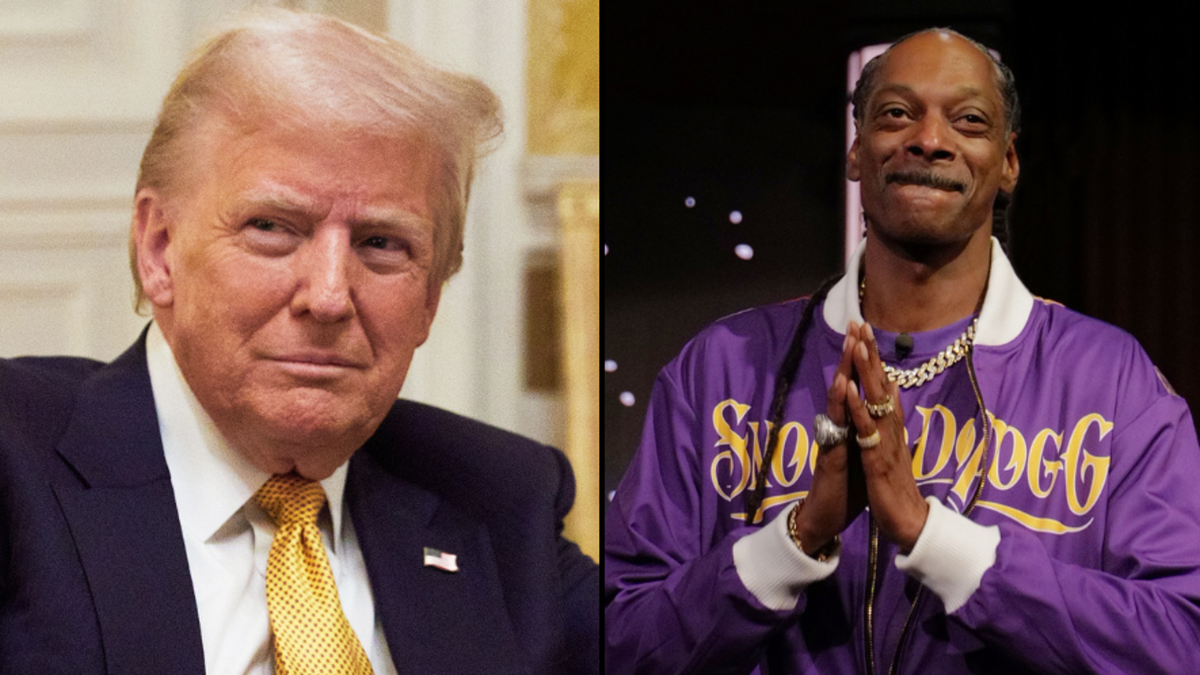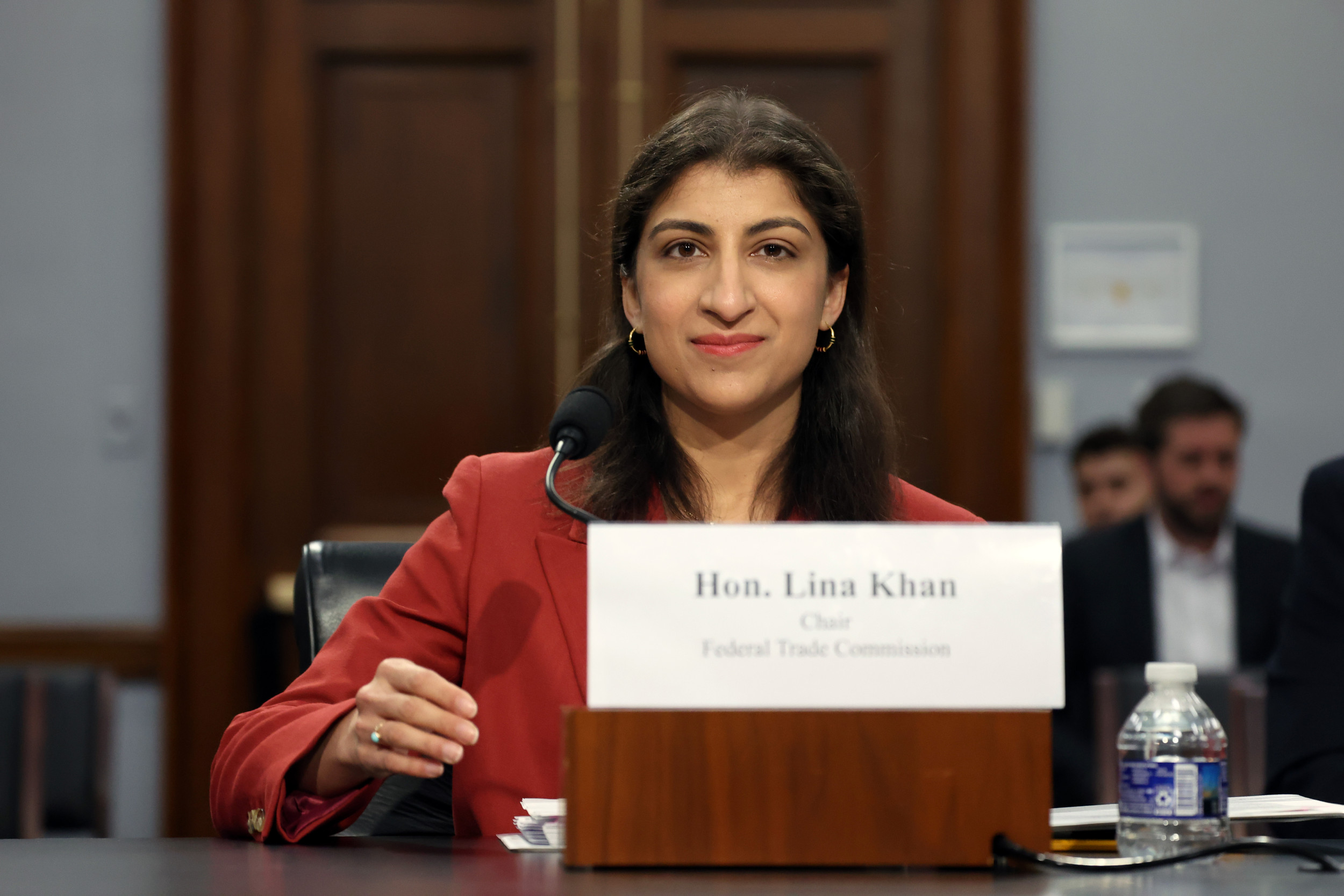House Speaker Mike Johnson rejected claims that President-elect Donald Trump's mass deportation plan could cost trillions of dollars, stating that such efforts represent a "small investment" with no greater return than ensuring the nation's safety and security.
"The number one job of the federal government is protecting the citizenry," he said on NBC's Meet the Press on Sunday.
"And when you have a wide-open border, you don't have safety, security, or even sovereignty, for that matter. President Trump is going to follow through on his campaign promises and the promises that we all made on the campaign trail. It costs money to do that. But that is a small investment in terms of what it costs us... The untold humanitarian cost in terms of trafficking and fentanyl deaths, the leading cause of death for Americans aged 18 to 49 for the last few years, we have to get on top of this.
"And so, getting rid of that criminal element, that dangerous element, is something the American people want us to do."

Why It Matters
Trump has promised to carry out the largest mass deportation operation in U.S. history to address illegal immigration and border security. However, the policy has sparked concerns about its significant costs and potential impact including on families and the economy. Border czar Tom Homan has said the administration will initially need $86 billion from Congress to begin mass deportations.
What To Know
A central element of Trump's immigration policy is the removal of millions of undocumented immigrants, with an emphasis on deporting individuals who have committed crimes.
However, critics argue that his mass deportation plan would deal a significant blow to the economy in the U.S. and Mexico.
Speaker Johnson denied on NBC News that the plan would cost the federal government trillions of dollars.
He did not offer an estimated cost for the deportation plan.
The American Immigration Council estimates that the mass removal policy could result in a one-time cost of $315 billion for the U.S. Additionally, deporting 1 million people annually could lead to expenses as high as $88 billion each year.
Experts have warned that mass deportations could significantly impact the U.S. meat industry, potentially causing a spike in beef prices.
The removal of thousands of undocumented workers may disrupt supply chains, worsen labor shortages, and ultimately lead to higher meat prices for consumers.
Meanwhile, agricultural output could decline by $30 to $60 billion if Trump's flagship policy is enacted, according to the American Business Immigration Coalition.
What People Are Saying
House Speaker Mike Johnson said on NBC's Meet the Press on Sunday: "I cannot think of a better dollar-for-dollar investment than to restore the security and the safety of the country."
"We've had a wide-open border for four years and millions upon millions of illegal persons. We have dangerous illegals in the country, criminals who have already committed crimes here, violent crimes against American citizens."
Johnson cited crime and "the untold humanitarian cost in terms of trafficking and fentanyl deaths" and added that "getting rid of that criminal element ... is something the American people want us to do."
"It won't cost trillions of dollars. I think we don't yet know the dollar figure," he said. "But I will tell you that the American people are going to support that effort. And we're going to begin with the most dangerous elements. And you're going to see a dramatic change in the country because of it."
Rebecca Shi, executive director of the American Business Immigration Coalition, told Newsweek: "If mass deportations overreach, there's going to be just serious disruptions to our economy.
We are urging Congress and President Trump to move forward with solutions that secure the border but also work to reform our broken immigration system so that, you know, our economy can still be the number one economy in the world.
"We know that the vast majority of immigrants in this country are law-abiding. And we know that the actual crime rate of immigrants is lower than that of native-born people.
University of Pennsylvania Carey Law School professor Fernando Chang-Muy previously told Newsweek: "Mass deportation would require additional staff to round up and process individuals, more prison space, and everything else that goes into running prisons—salaries, food, uniforms, HVAC, heating and aircon expenses, etc.
"All of this requires funding appropriation from the first branch of government—Congress. If the second branch, the executive branch, acts without significant legislative oversight, it could challenge the balance of powers."
What Happens Next
Trump is set to be inaugurated at noon today and has vowed to conduct the largest mass deportation program in U.S. history, shut down the CBP One app, end the catch-and-release policy, and reinstate the "Remain in Mexico" program on Day 1 of his second term.
Immigration raids are reportedly set to be conducted in major cities such as New York, Los Angeles, Denver, and Miami.



















 English (US) ·
English (US) ·